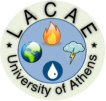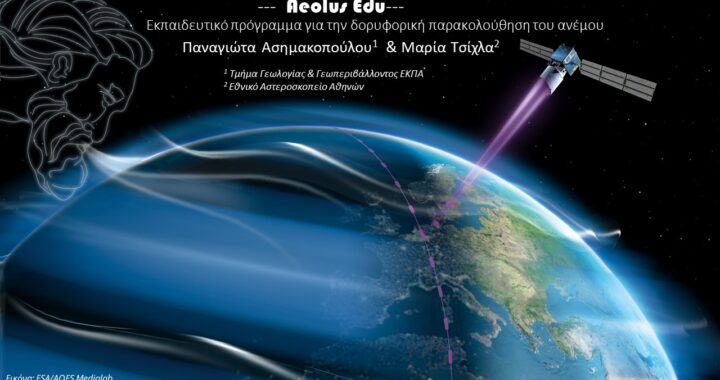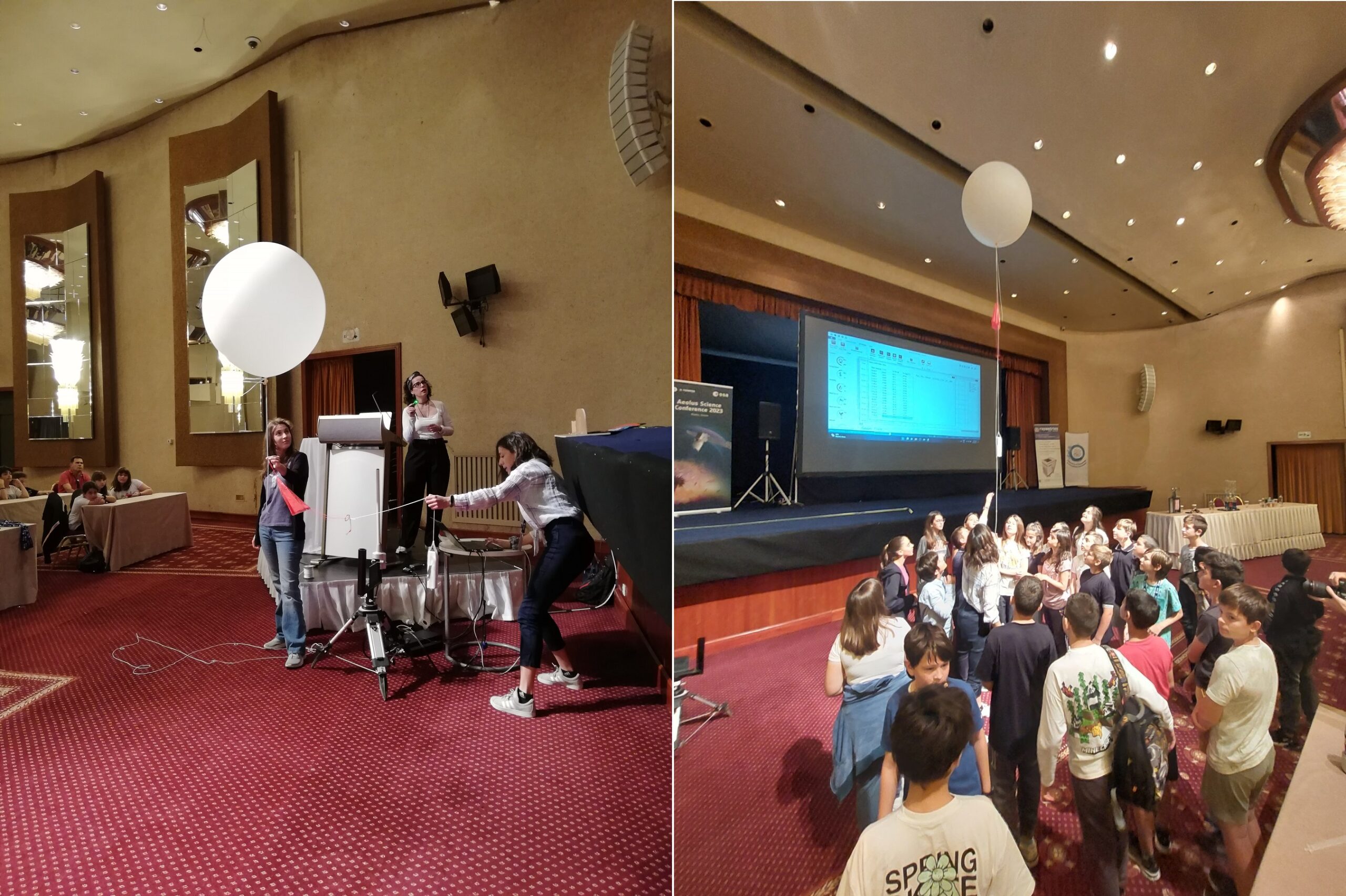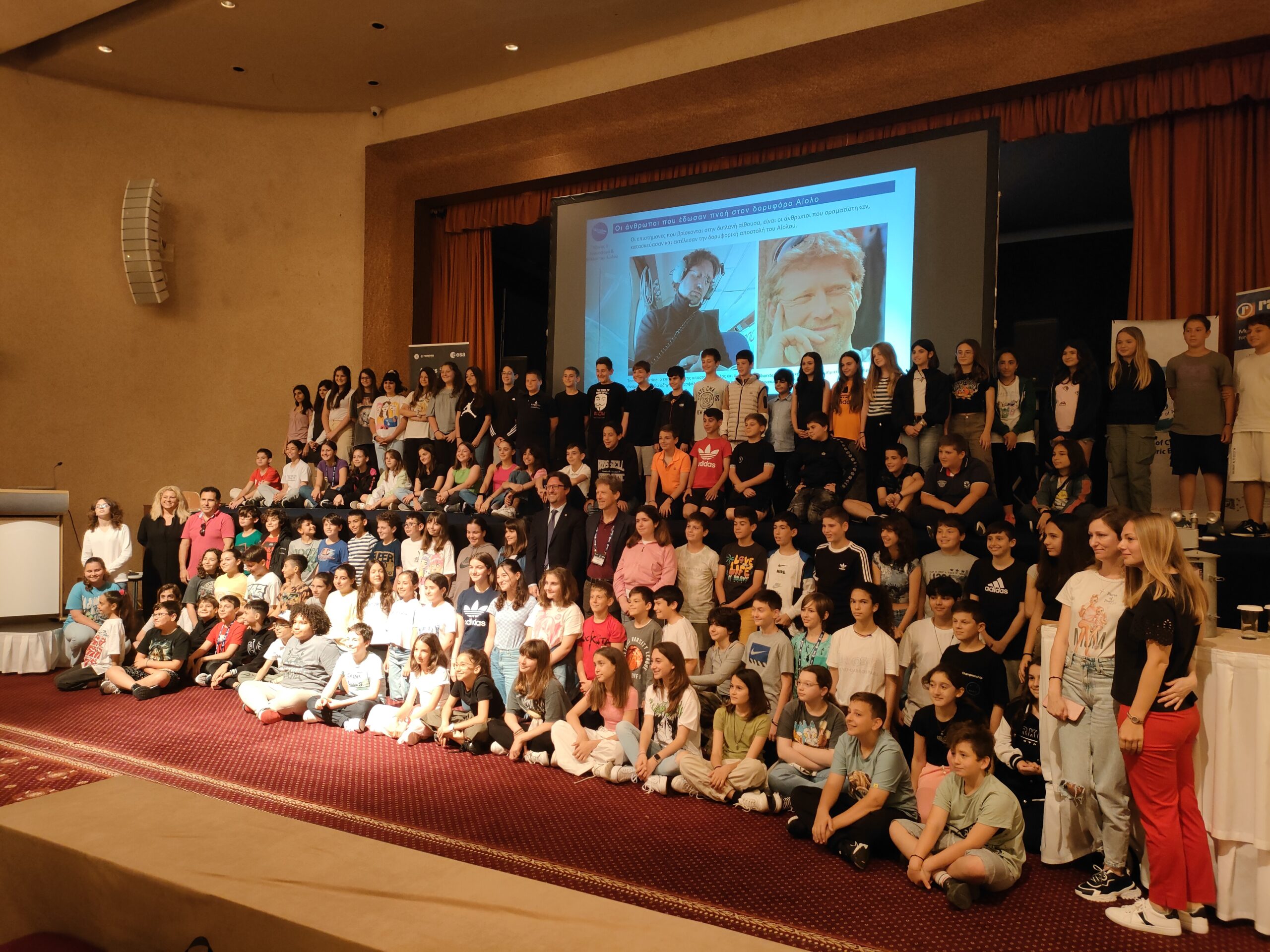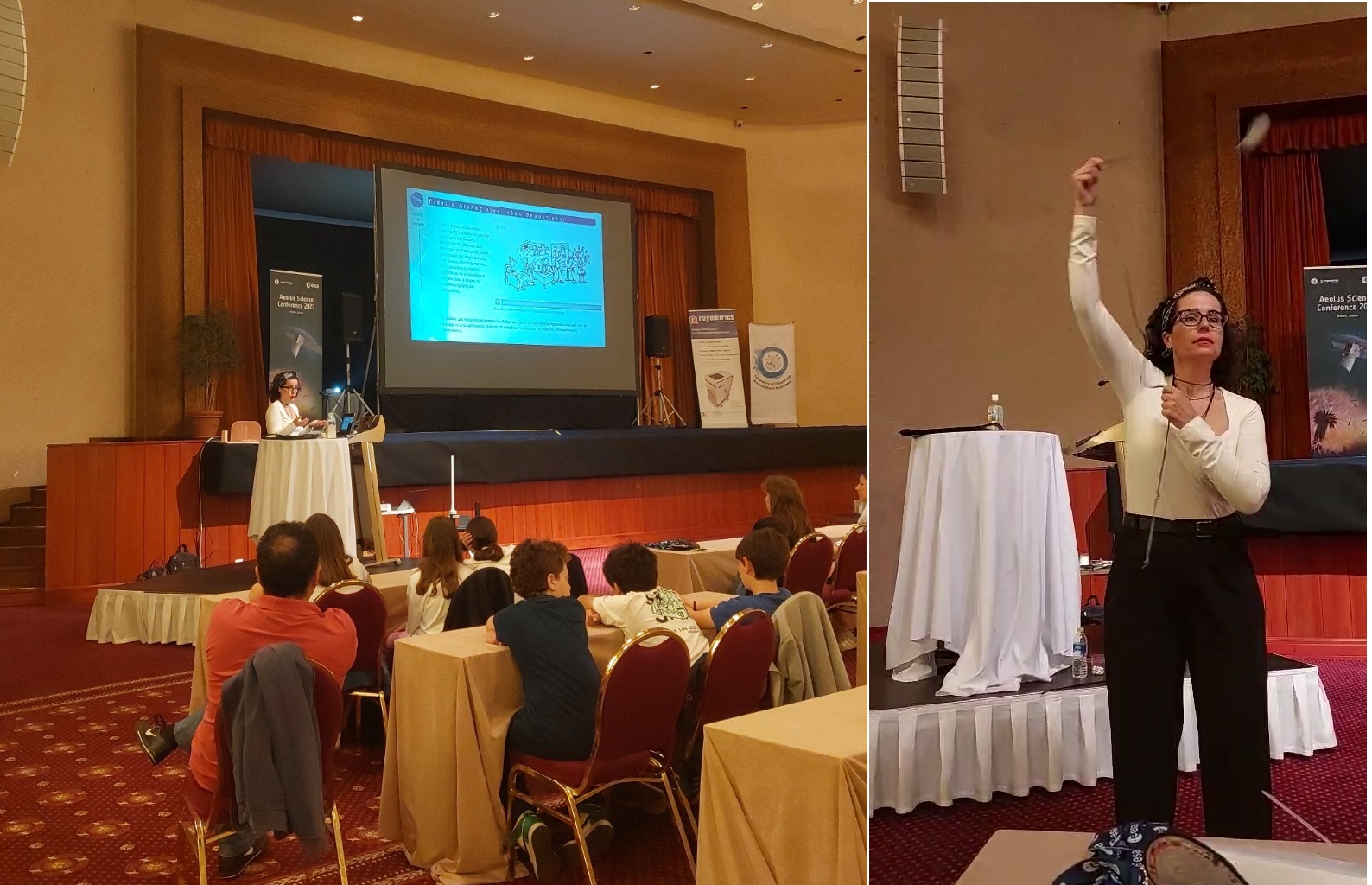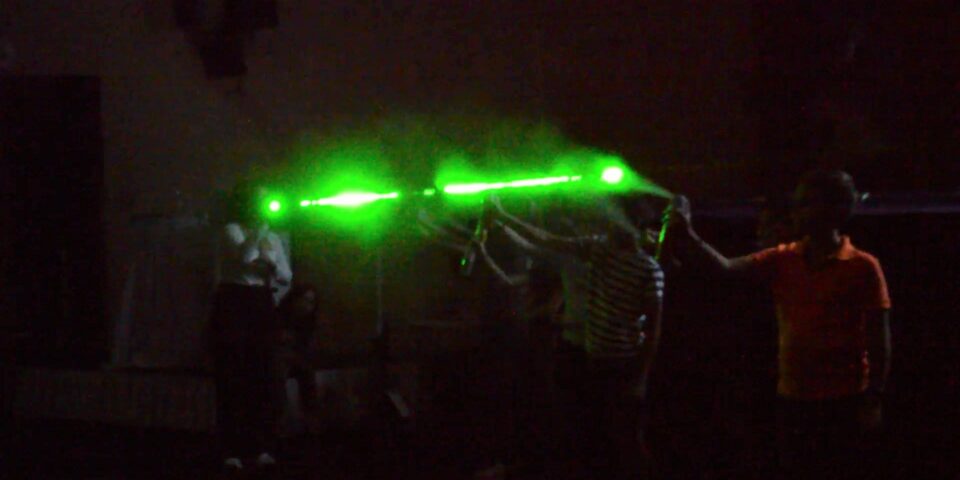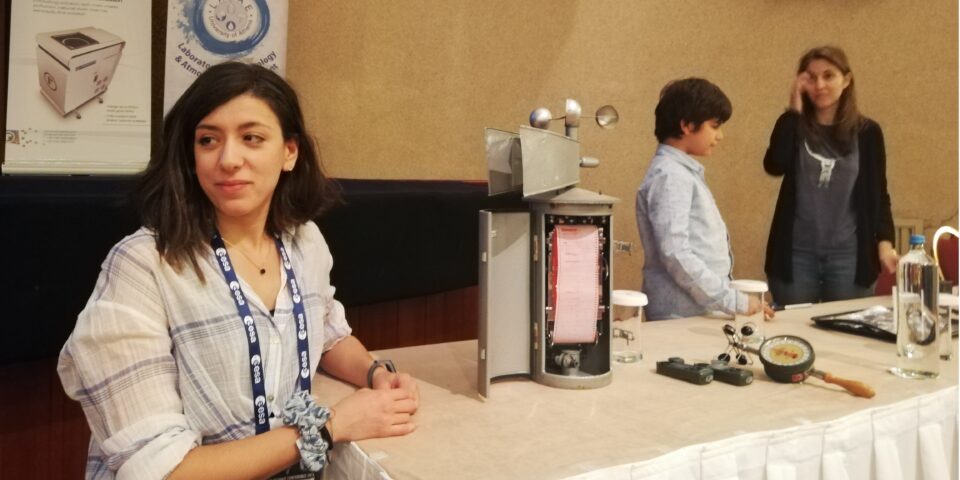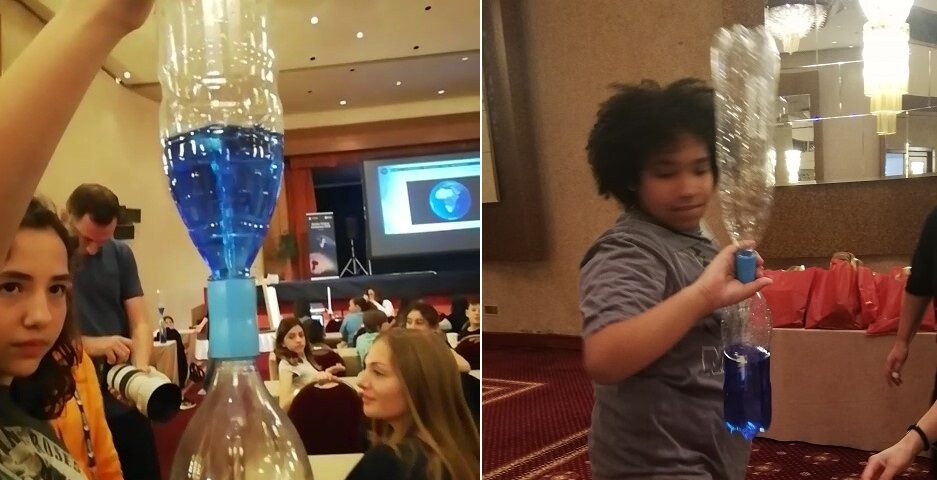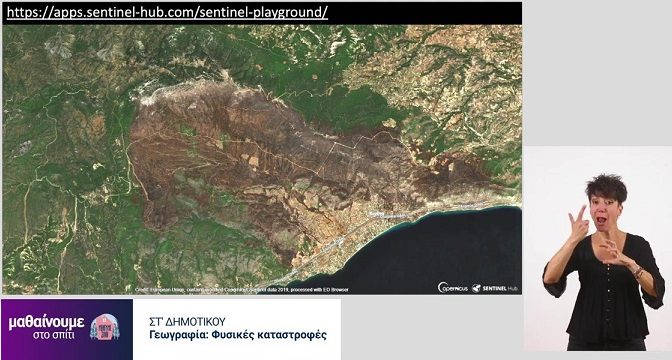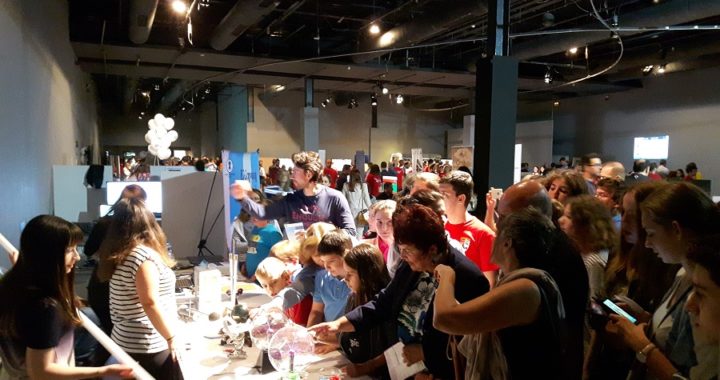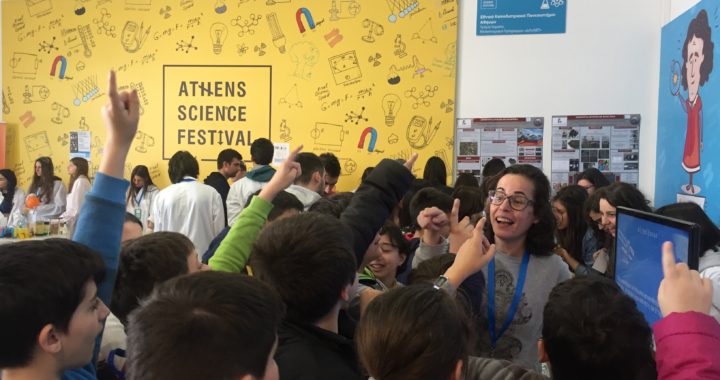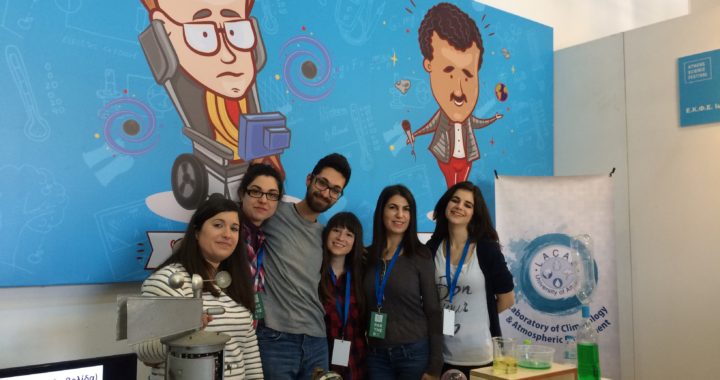The “Tracking urban climate ” workshop will take place on Tuesday 18 July 2023 at 18:00 in the “Crispi Hall” of the History Museum of the University of Athens (Tholou 5, Plaka), with the aim of highlighting scientific issues, such as the urban bioclimate, vehicle thermal emissions, micromobility and urban regeneration, the urban water environment, but also issues such as the urban environment and health.
With the scientific supervision of D.P.M.S. “Water, Biosphere and Climate Change” and the Hellenic Meteorological Society.
Sponsor: Association of Scholars of the Onassis Foundation
Category Archives: Lab News
Introducing EO in primary schools during Covid-19 lockdown.
The shutdown of Greek schools due to Covid-19 pandemic in the spring of 2020, gave our laboratory the opportunity to introduce Copernicus to all school teachers and students across Greece through the daily TV program “learn at home” implemented by the Greek Ministry of Education in collaboration with the Greek state TV broadcaster ERT (https://www.euronews.com/2020/03/31/greece-uses-state-tv-to-teach-school-children-during-coronavirus-lockdown)
The TV programme was a great success, as it was viewed daily on average by more than 100,000 children aged 4-14. The same programme was broadcasted again by the Greek state TV (ERT) during the second lockdown in the winter of 2020.
Yota Assimakopoulou, an associate of our laboratory and a primary school teacher, was picked by the Greek Ministry of Education to produce and deliver TV lessons for the subject of primary school Geography /Geology. These lessons gave us the opportunity to present for the first time on public television, ways to integrate and utilize Copernicus satellite imagery and tools like Sentinel Playground in the primary school curriculum. In these lessons, educational material from ESA and specifically from the “Teach with Space” education program was also integrated.
The prime Minister of Greece and the Minister of Education stressed the value of these TV lessons during the COVID-19 lockdown and for the future, in a Skype meeting with all the teachers who implemented the program voluntarily. https://www.iefimerida.gr/politiki/kyriakos-misotakis-ekpaideytikoi-ekpaideytiki-tileorasi
The relevant lessons of the “learn at home” program are available for future distance learning as well as classroom-based learning on the website of the Greek Educational Television, the ERT WebTV as well as at the following links:
- Natural Disasters: https://youtu.be/YMcyHmJKISI (Sentinel Playground after 21:30 )
- Atmosphere: https://youtu.be/7qhnPsoz_-M or https://youtu.be/jccYVp7fCh4
- Deserts: https://youtu.be/dv1OZRRxPps
- Earthquakes and Volcanoes: https://youtu.be/l4YmvjiL-fw
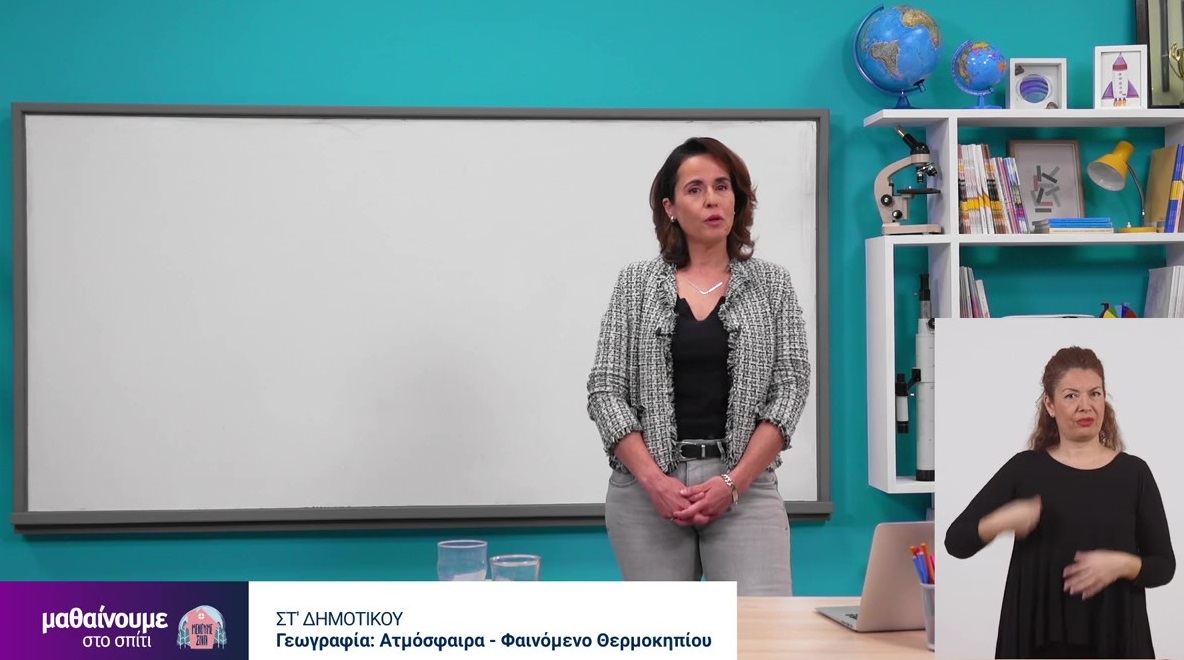
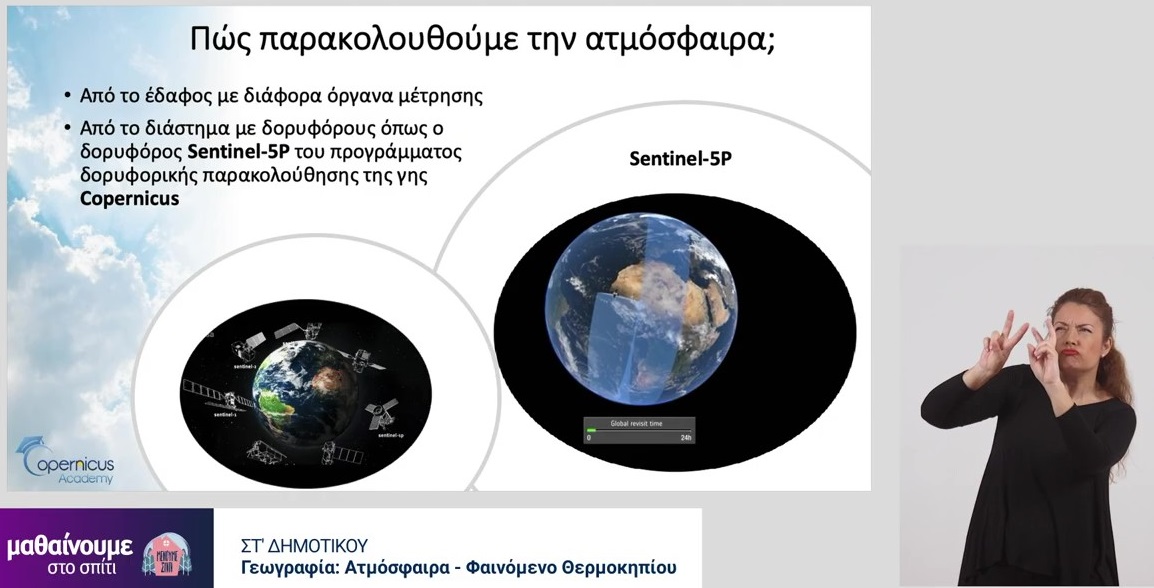
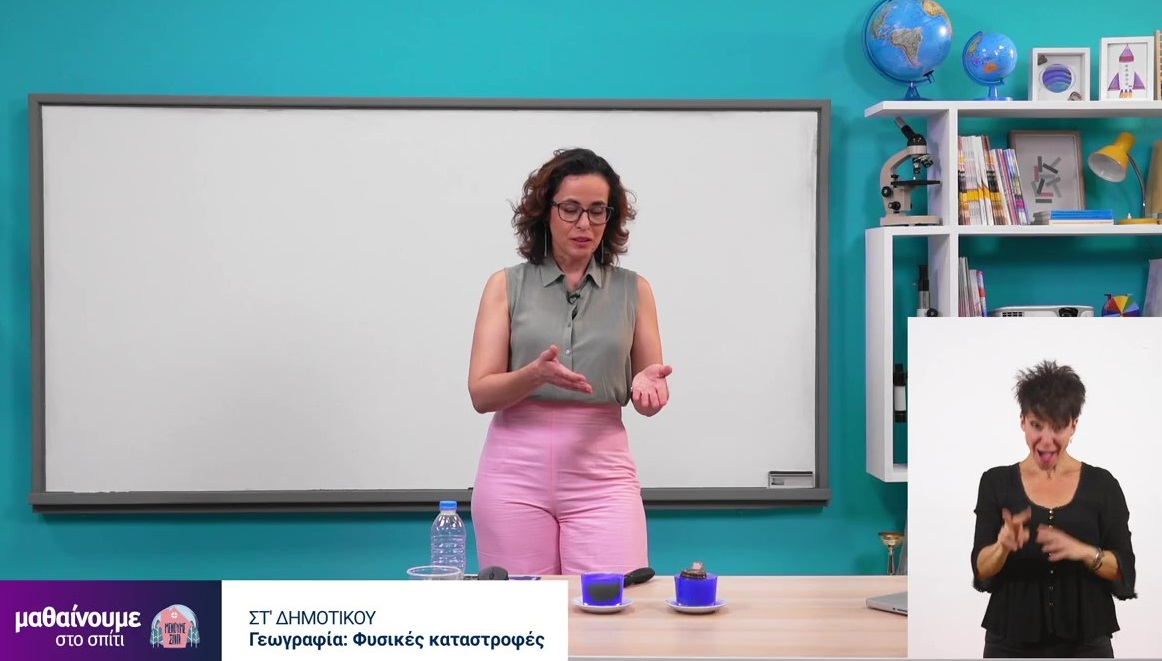
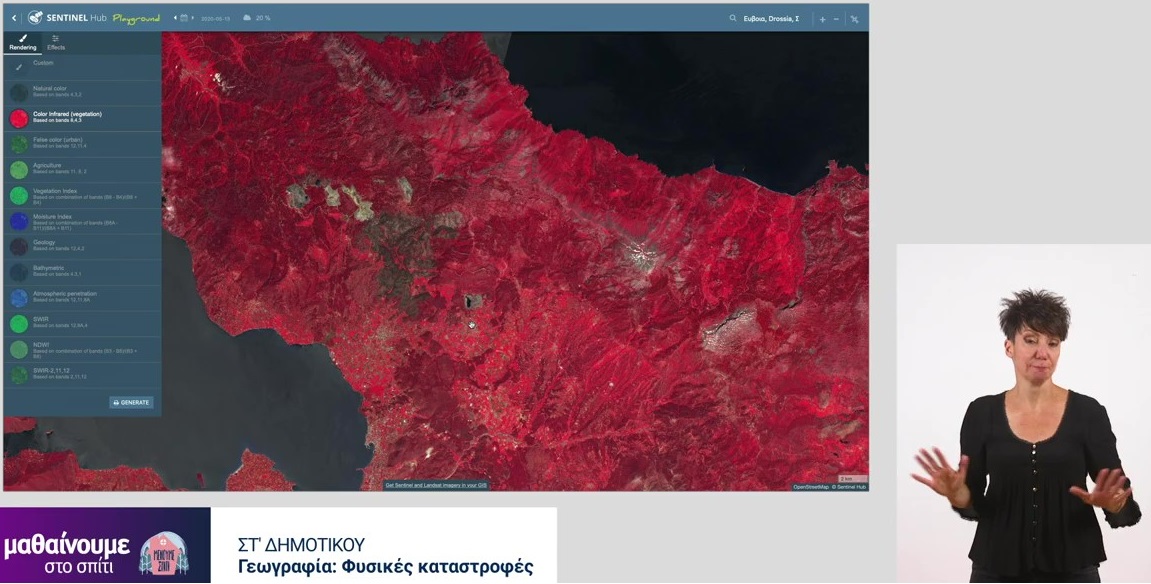
UoA’s Open Gates Day with Satellite Remote Sensing
The National and Kapodistrian University of Athens, in the framework of its successful “Open Gates Day” programme, opened its gates once again this year to high school students, giving them the opportunity to visit the university premises, meet the scientists and learn about the research activities of each department.
LACAE, having embraced this initiative from the very beginning, engaged visiting students with its latest educational activities, which utilize Satellite Remote sensing data and tools in the study of natural disasters and climate change.
We thank the students and accompanying teachers for their enthusiastic participation.
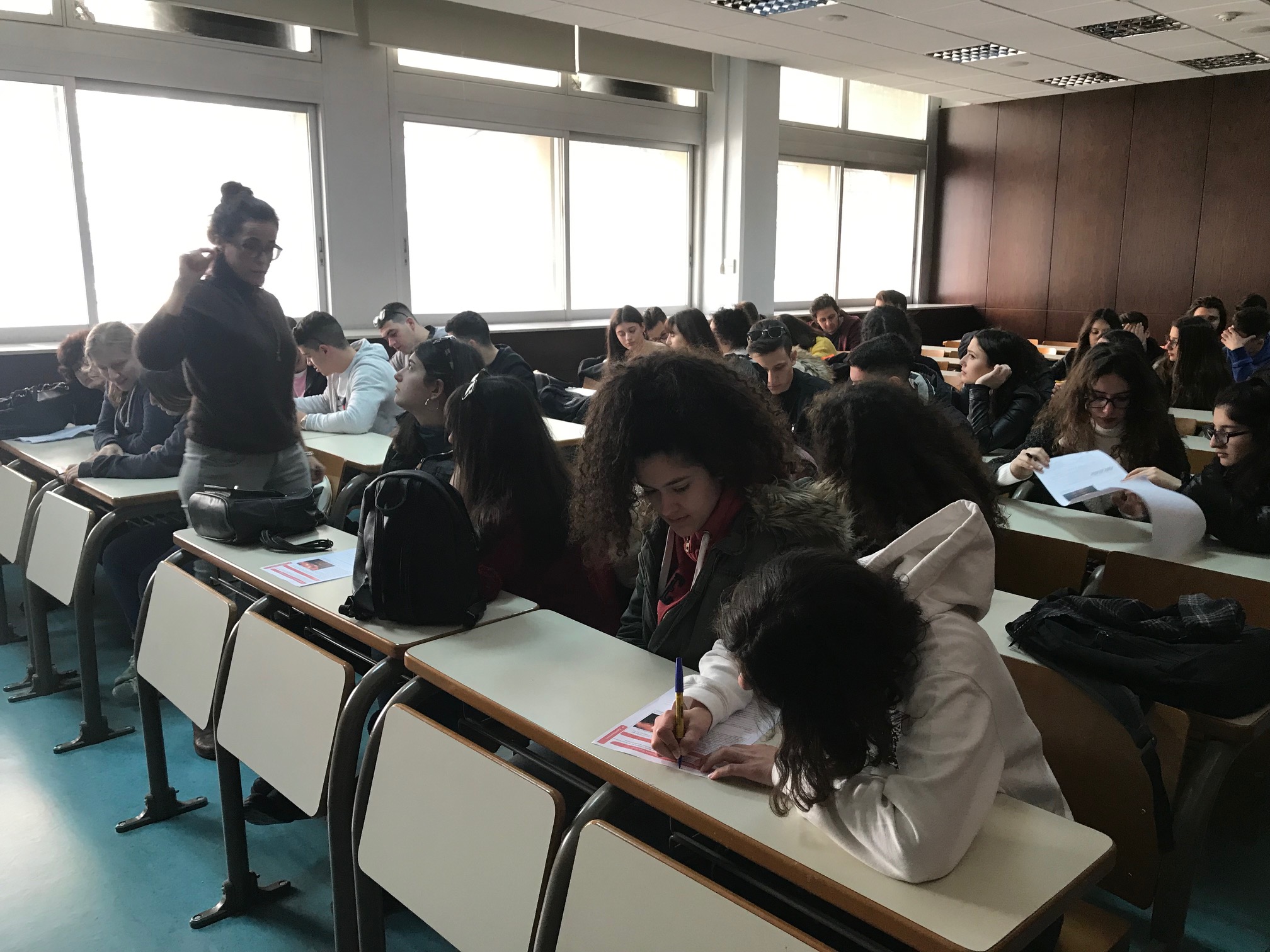

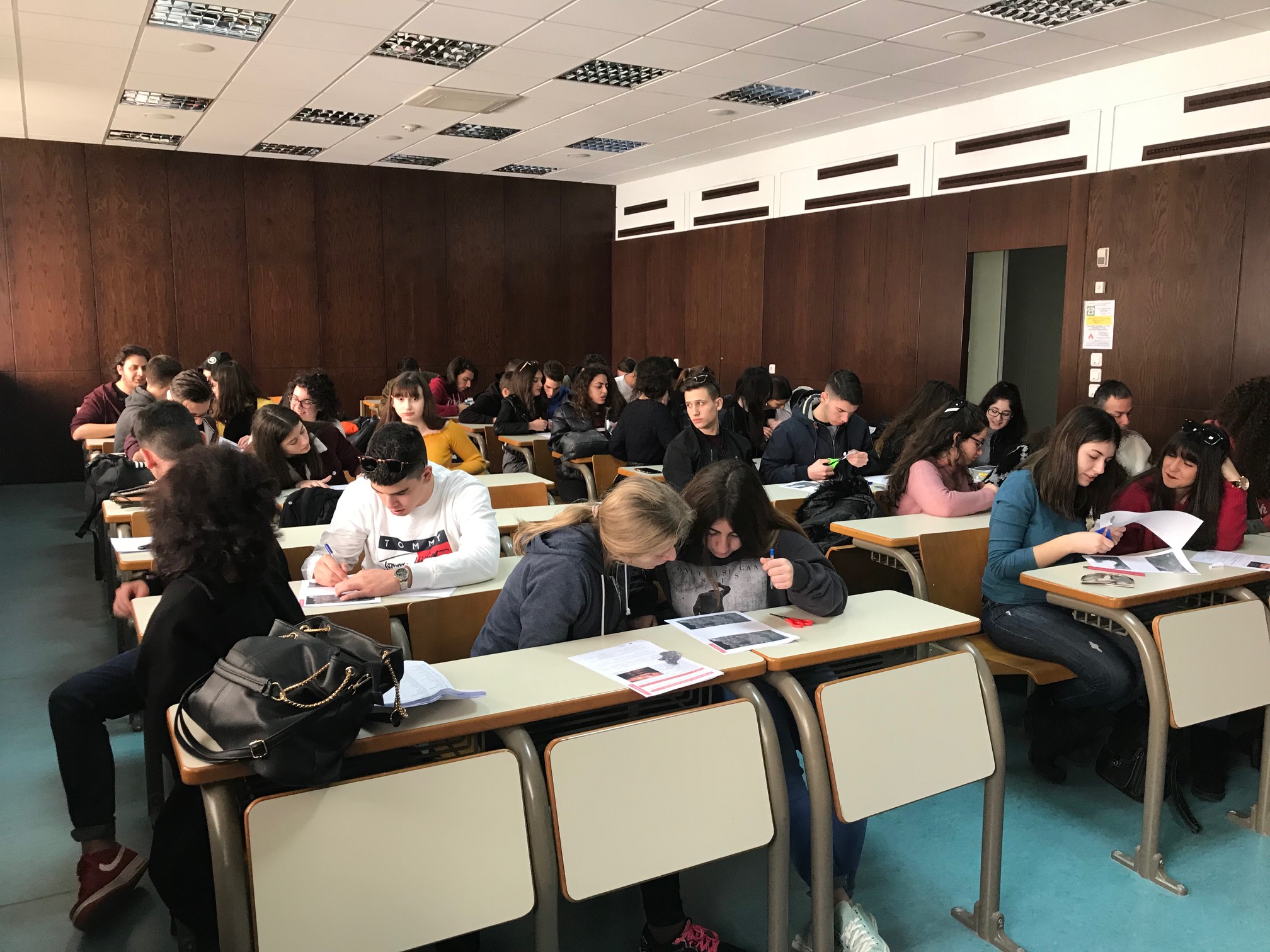
Europe’s eyes on earth at the Researchers’ Night in Athens
Once again this year, on Friday the 29th of September, we’re renewing our appointment with European Researchers’ Night, the annual mega event which celebrates science and research and takes place simultaneously in several hundred cities across Europe and beyond.
This year however, LACAE as one of the founding members of Copernicus Academy network and the CAN-HelP consortium, it will introduce to the public the Copernicus programme.
Copernicus is a European Union Programme aimed at developing European information services based on satellite Earth Observation and in situ (non-space) data, in order to help service providers, public authorities and other international organisations improve the quality of life for the citizens.
Visitors will have the opportunity to learn about the Sentinels satellites and what they have to offer but also learn how the Copernicus program has helped the Greek authorities with its services and data, in the recent devastating fires of Attica, Kythira and Zakynthos, as well as the lethal earthquake of Chios.
Don’t miss the opportunity to meet Europe’s eyes on earth!
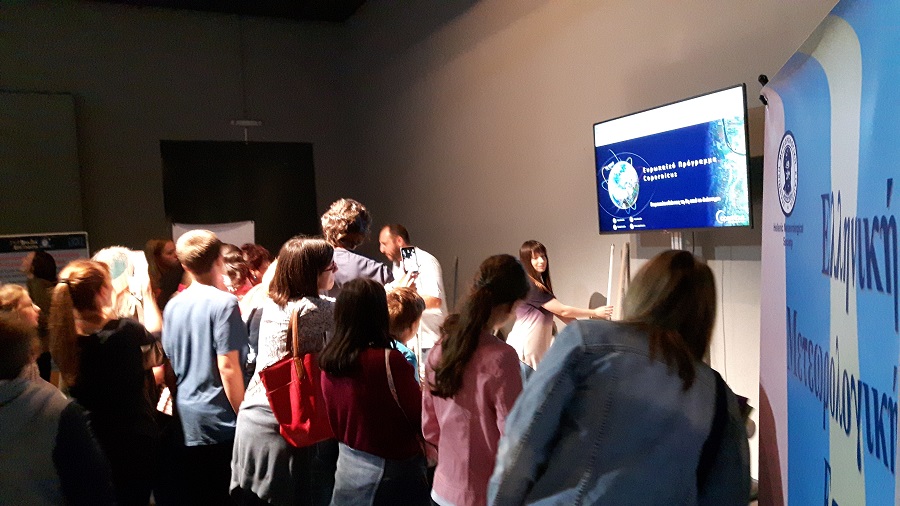
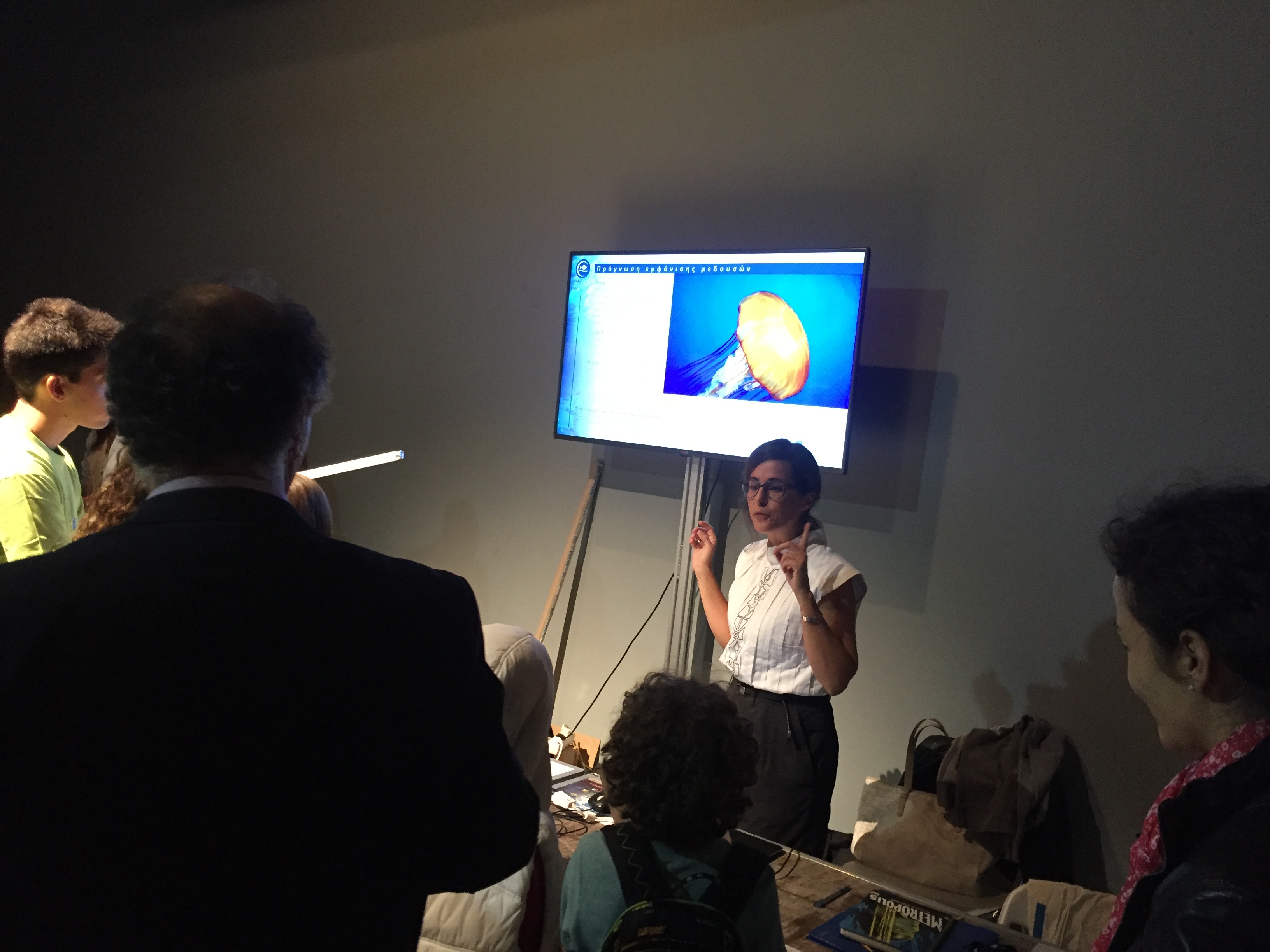
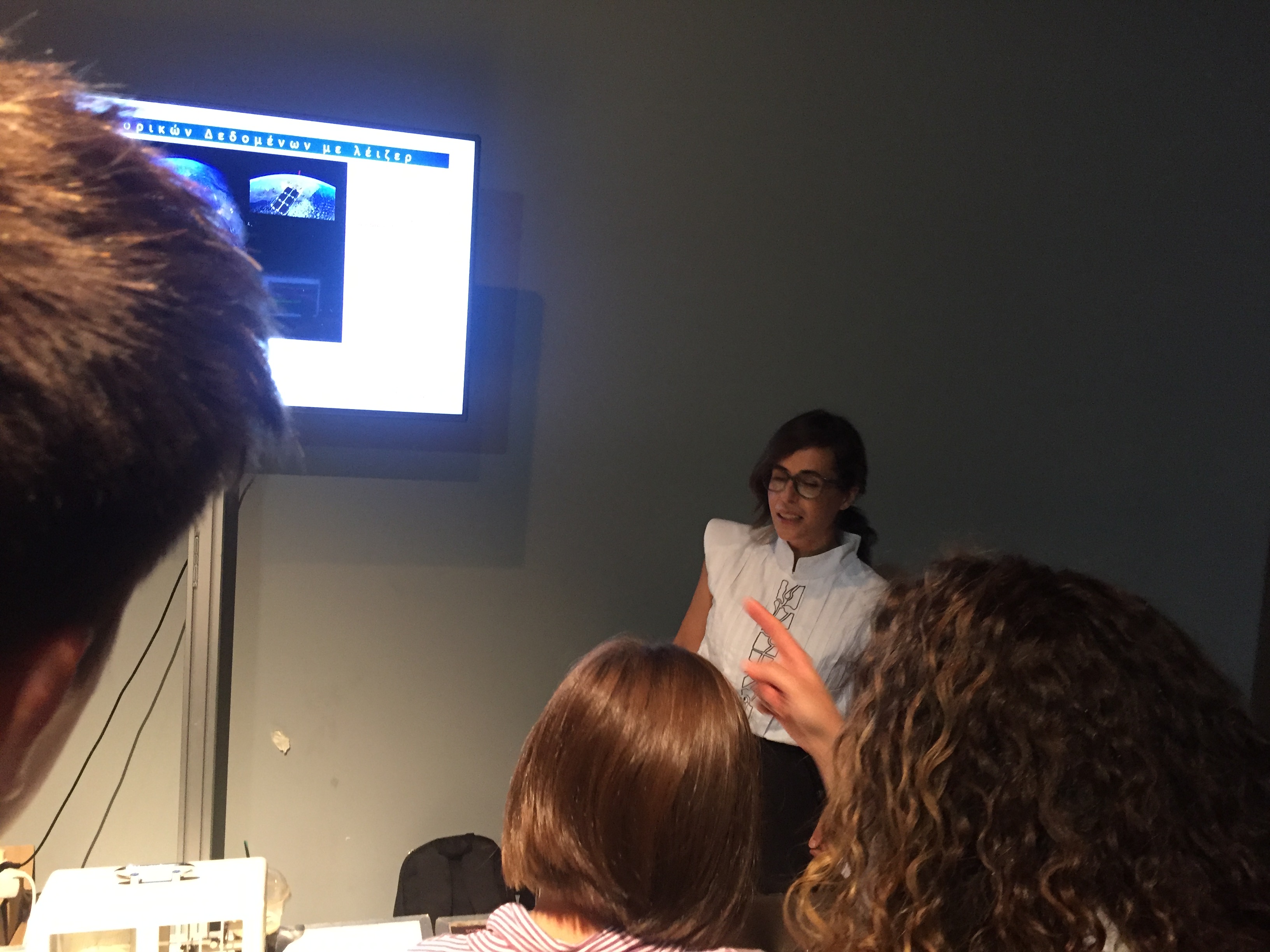
Copernicus Academy goes to Athens Science Festival
The recently established network of Copernicus Academy, is a new European Commission initiative, which aims to attract new users for the satellite data and earth observation services of the Copernicus programme. Through the creation of this pan-European education and public dissemination structure, members of the network, aim to promote the transfer of knowledge and the development of relevant skills in the population.
LACAE, as one of the founding members of Copernicus Academy and the CAN-HelP consortium (Copernicus Academy Network of Hellenic Partners), have assumed an ambassador’s role for the Copernicus programme in Greece.
In order to better serve this objective, the Copernicus programme was translated, popularized and presented to the public at the Athens Science Festival 2017. The presentation was accompanied by a public oriented, interactive educational knowledge game for satellites and remote sensing. Finally, Copernicus promotional material was shared.
Athens Science festival 2017, was an extremely successful event, which attracted nearly 30.000 visitors. The Copernicus related activities received great response and were embraced by the festival visitors.
The interest of visitors for the Copernicus programme, delighted our scientific associates that promise to come back with even more exciting stuff.
LACAE’s scientific associates responsible for this action are Yota Asimakopoulou MSc and Frances Sofiou MSc who worked under the supervision of Professor Panagiotis T. Nastos, director of the laboratory .
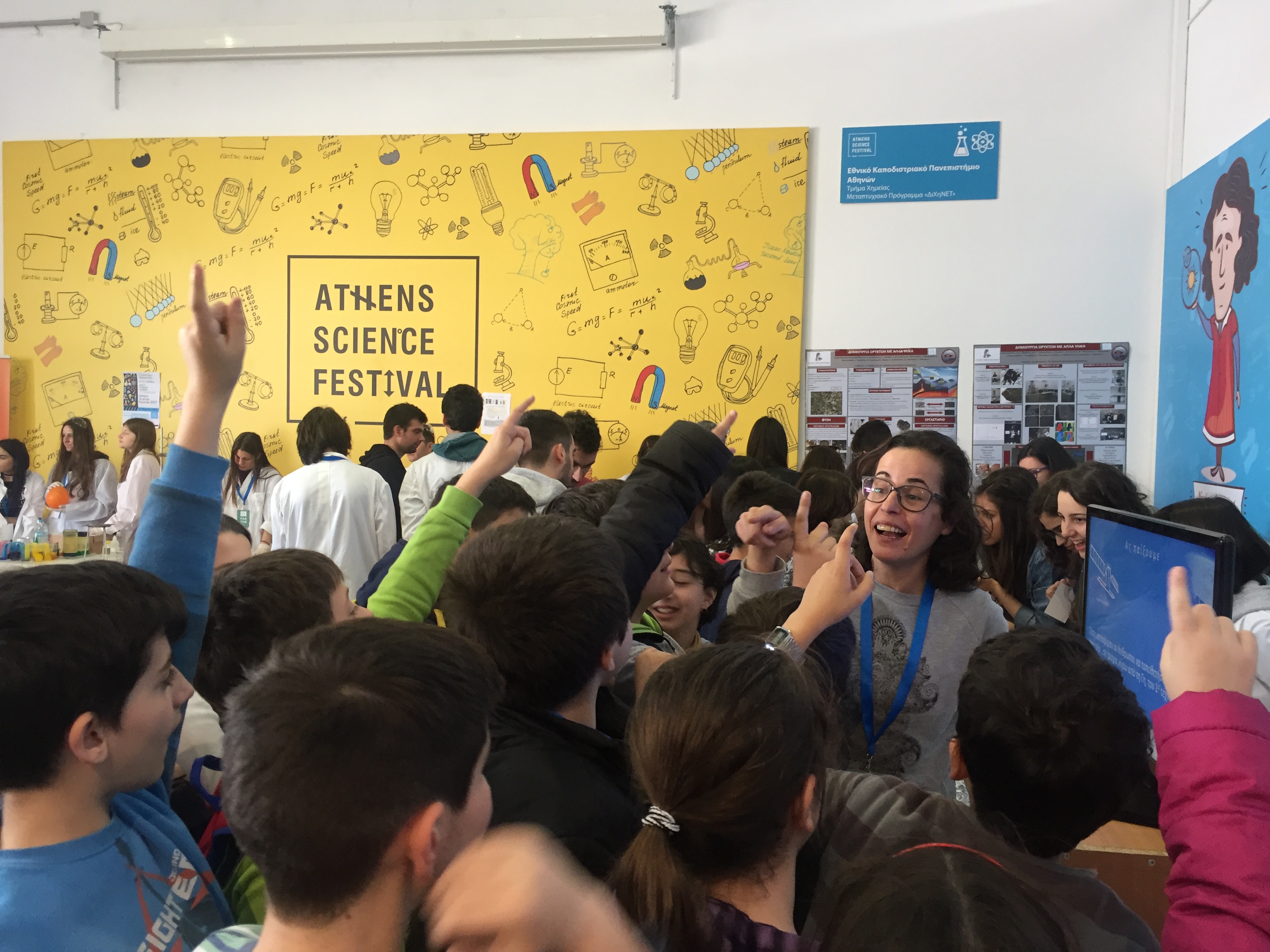
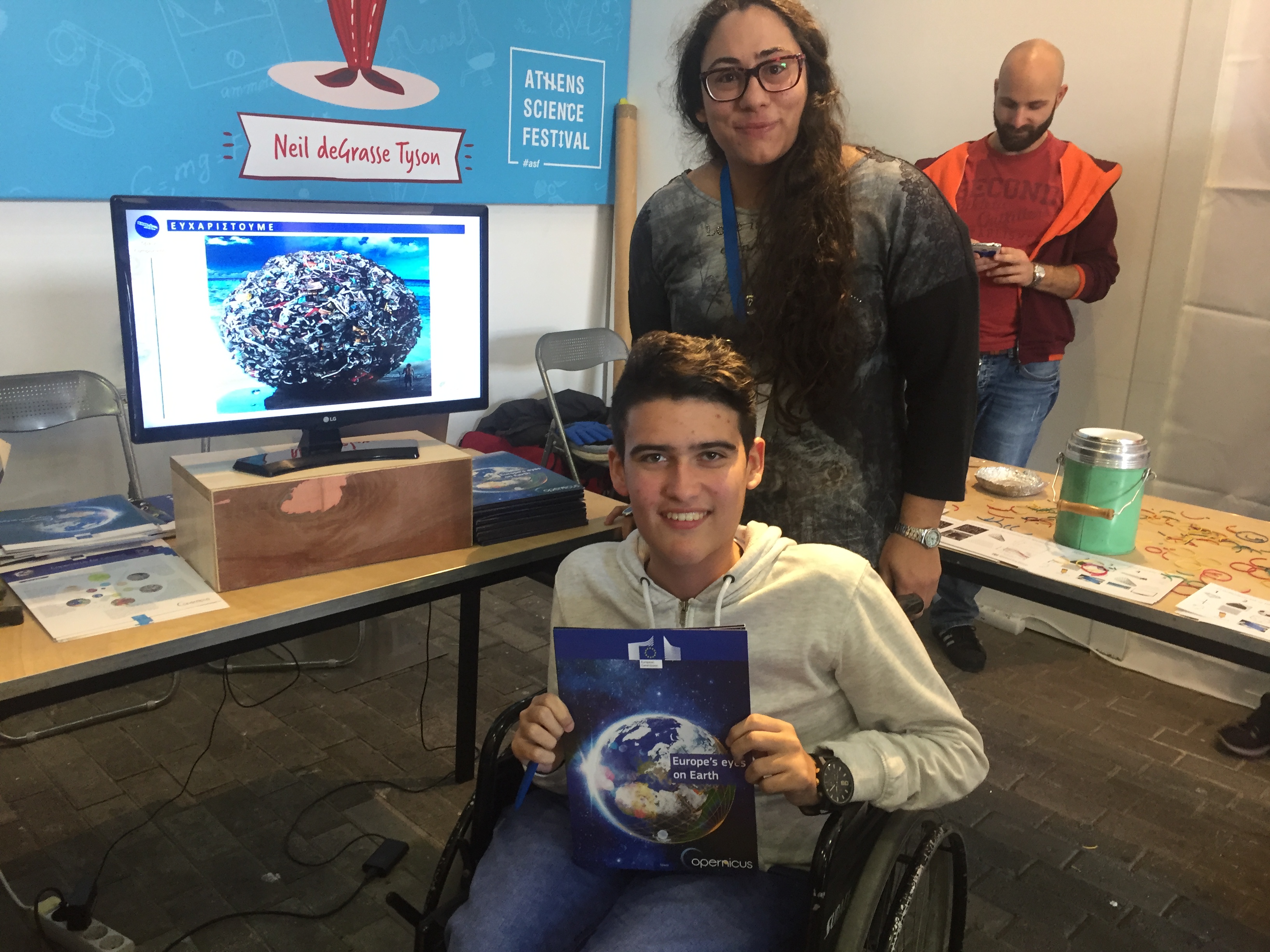
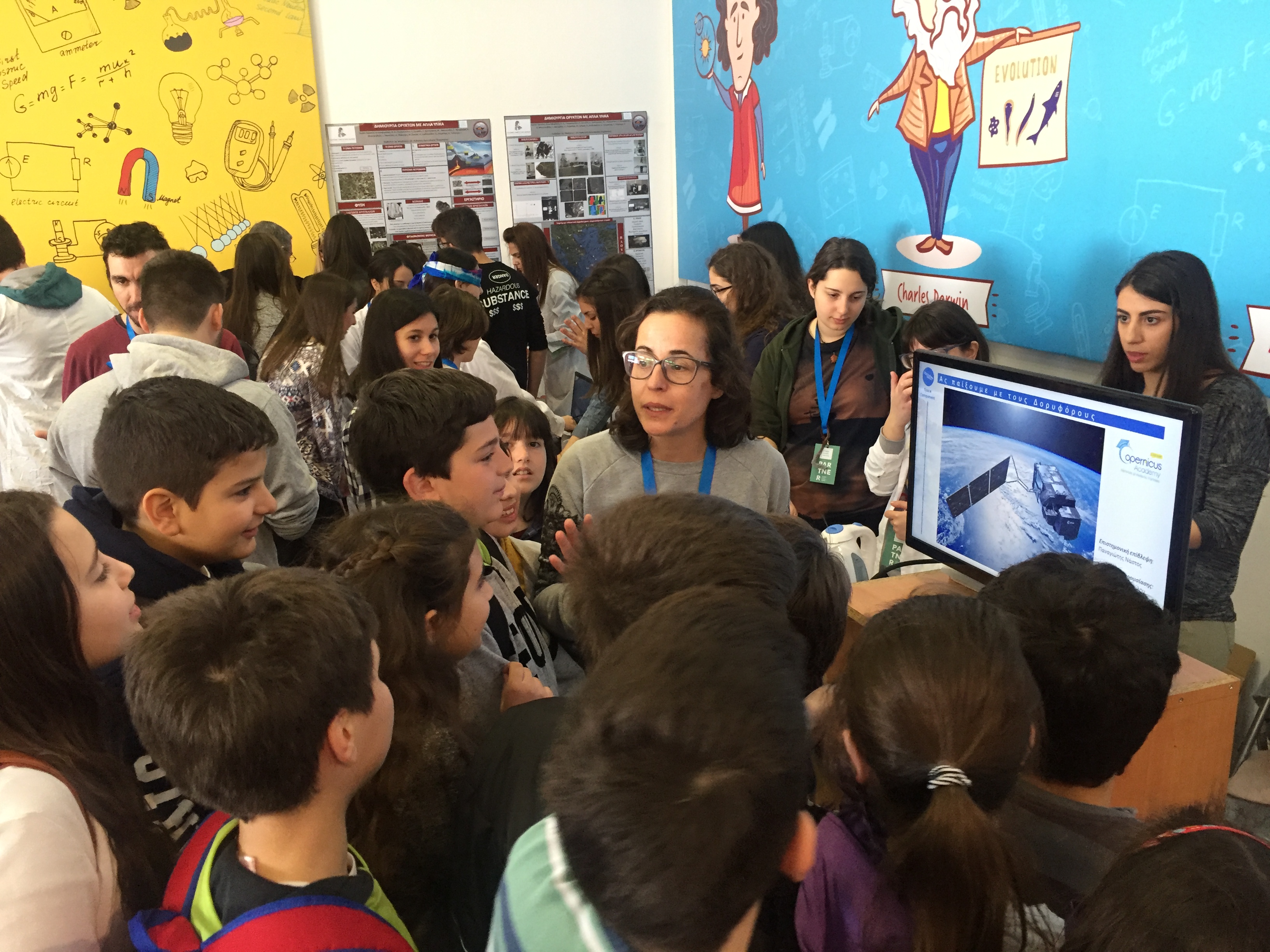
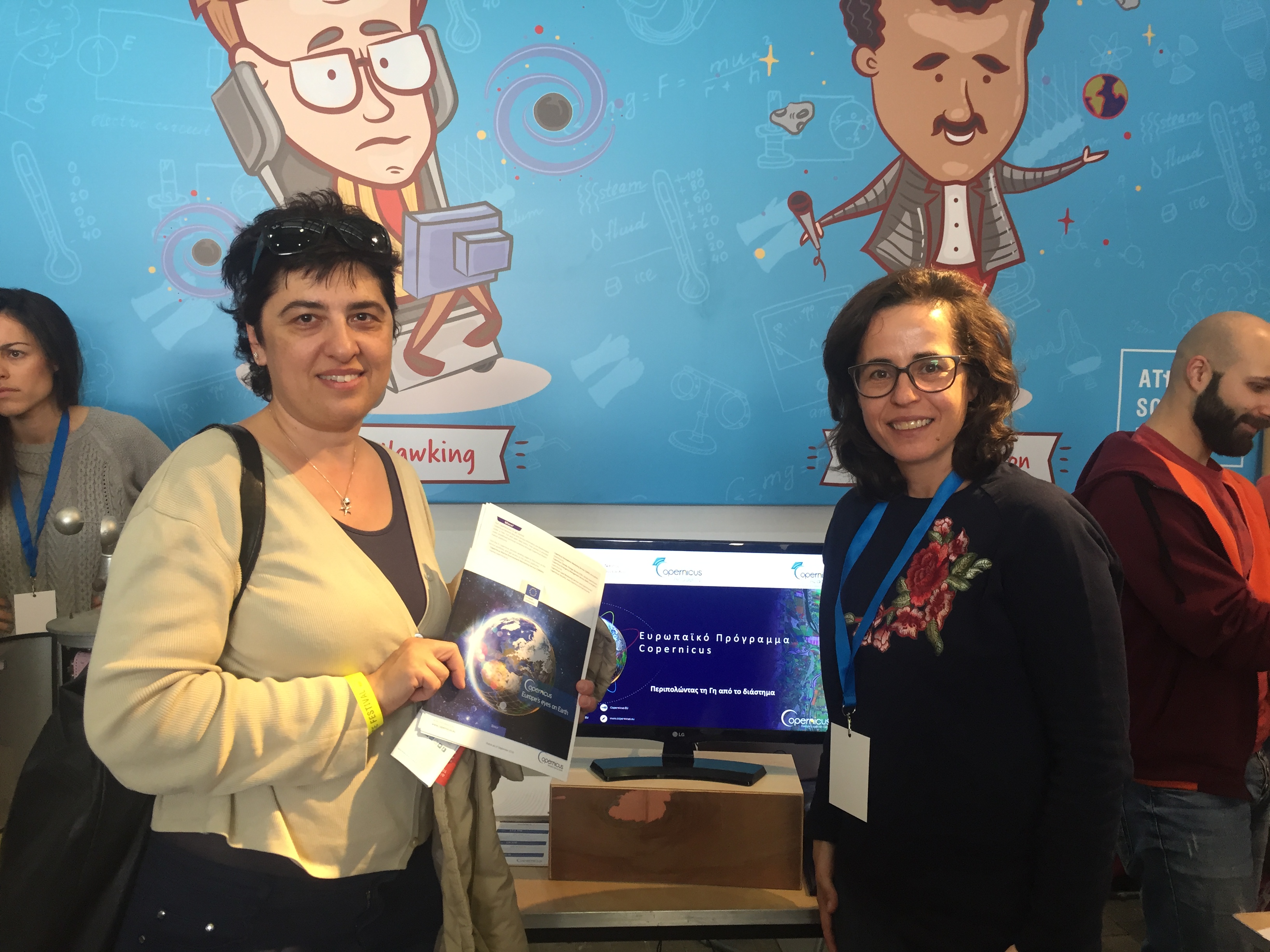
The participation of LACAE in Athens Science Festival, receives enthusiastic public response
For the 4th consecutive year, the Athens Science Festival 2017 , took place between 29 March and 2 April, in Technopolis of the Municipality of Athens, under the theme “Shaping our future”.
Visitors had the opportunity to choose among dozens of events which aimed to disseminate scientific knowledge and technological innovation to the general public, urging people to take science into their own hands and become part of future developments.
The participation of LACAE, for the 3rd consecutive year, received great response and was embraced by the festival visitors.
The laboratory’s scientific associates demonstrated exciting experiments, scientific presentations and interactive educational games, which were greatly appreciated by the public!
We would like thank the festival’s visitors for their interest and especially thank the laboratory’s scientific associates who supported this action with great passion and enthusiasm .
The laboratory’s scientific associates:
- Panagiotis T. Nastos, Professor of Climatology and Director of the laboratory
- Anastasia Bleta Dr.
- Iliana Polychroni PhD, Markos Mylonas PhD, Stamatina Seferfli PhD, Theophilos Valsamidis PhD.
- Kyriakoula Papachristopoulou MSc, Yota Assimakopoulou MSc, Katerina Argyrouli MSc, Eirini Berdebe MSc, Kleovoulos Eleftheroudis MSc, Eirini Vrettou MSc, Francis Sofiou MSc.
- Iliana Petta BSc, Iolandi Kakarouga BSc.


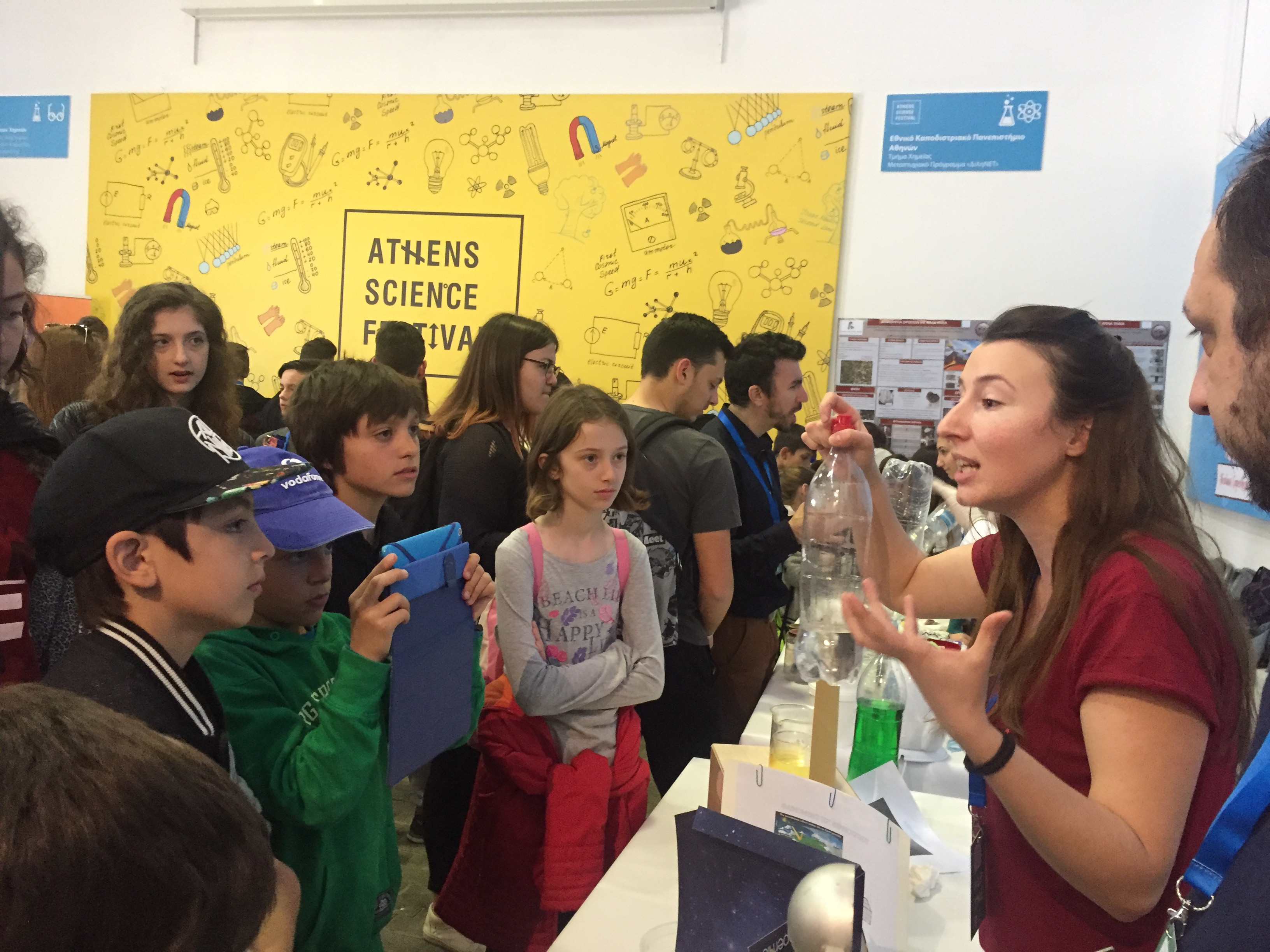
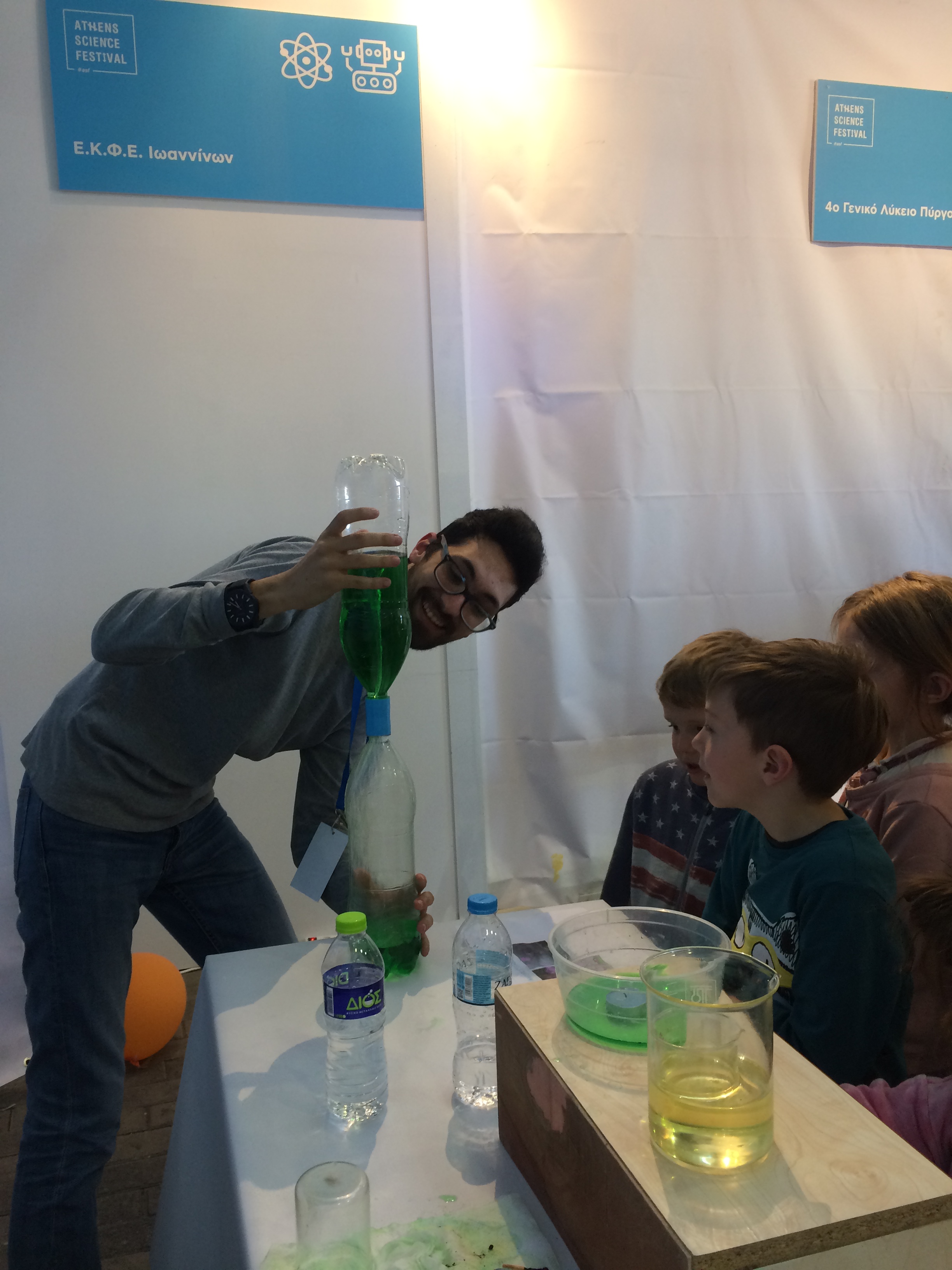
LACAE creates a strategic partnership for Copernicus Academy in Greece
LACAE, as member of the Copernicus Academy network, made a strategic decision to join forces with a number of Greek institutions and private organizations with proven Copernicus related activity and interest, in order to create a strong partnership that will better serve the Copernicus Academy objectives in Greece.
This new partnership, named Copernicus Academy Network of Hellenic Partners (CAN-HelP), aims to empower the next generation of researchers, scientists, and entrepreneurs with suitable skill sets that will enable them to use Copernicus satellite data and information services to their full potential, through targeted actions such as dedicated lectures , post-graduate scholarships, trainee-ships, seminars, workshops, presentations, webinars, personnel exchanges, Copernicus public awareness events and the collaboration with other European Copernicus Academy members.
CAN-HelP is a continuously expanding initiative that welcomes new partners who believe they can contribute to this on-going effort. Currently this effort is supported by the following institutions:
- The Laboratory of Climatology and Atmospheric Environment (LACAE), of the National and Kapodistrian University of Athens
- The National Observatory of Athens
- The University of the Peloponnese
- Greek GEO office
- FORTH/PRAXI Network
Last but not least, CAN-HelP will also be actively involved in educational activities, for young students currently in school, aiming to raise their awareness and to stimulate their interest into the field of satellites, earth observation and remote sensing, thus hoping to inspire the future generation of scientists.
A dedicated website for the purposes of CAN-HelP will soon be made public.
LACAE co-organizes the MEDCLIVAR 2016 Conference in Athens, from 26-30 September
The Laboratory of Climatology and Atmospheric Environment(LACAE) of the National and Kapodistrian university of Athens, in collaboration with the National Observatory of Athens, the Hellenic Centre for Marine Research and the Mariolopoulos – Kanaginis Fountation for the Environmental Sciences, co-organizes the MedCLIVAR 2016 conference.
The Conference will be held from 26 to 30 September 2016 at the University of Athens, main building (PROPYLAEA-University of Athens, 30 Panepistimiou Str.), located in the Athens city centre.
It is the fourth conference in a series organized by MedCLIVAR, following MedCLIVAR2011 (Lecce, Italy), MedCLIVAR2012 (Madrid, Spain), MedCLIVAR2014 (Ankara, Turkey).
This sequence of conferences is fundamental for the mission of MedCLIVAR which aims to promote better communication among different scientific disciplines and to develop a multidisciplinary vision of the evolution of the Mediterranean climate through studies that integrate atmospheric, marine, and terrestrial climate components at time scales ranging from paleoreconstructions to future climate scenarios.
Visit MedCLIVAR 2016 conference site
